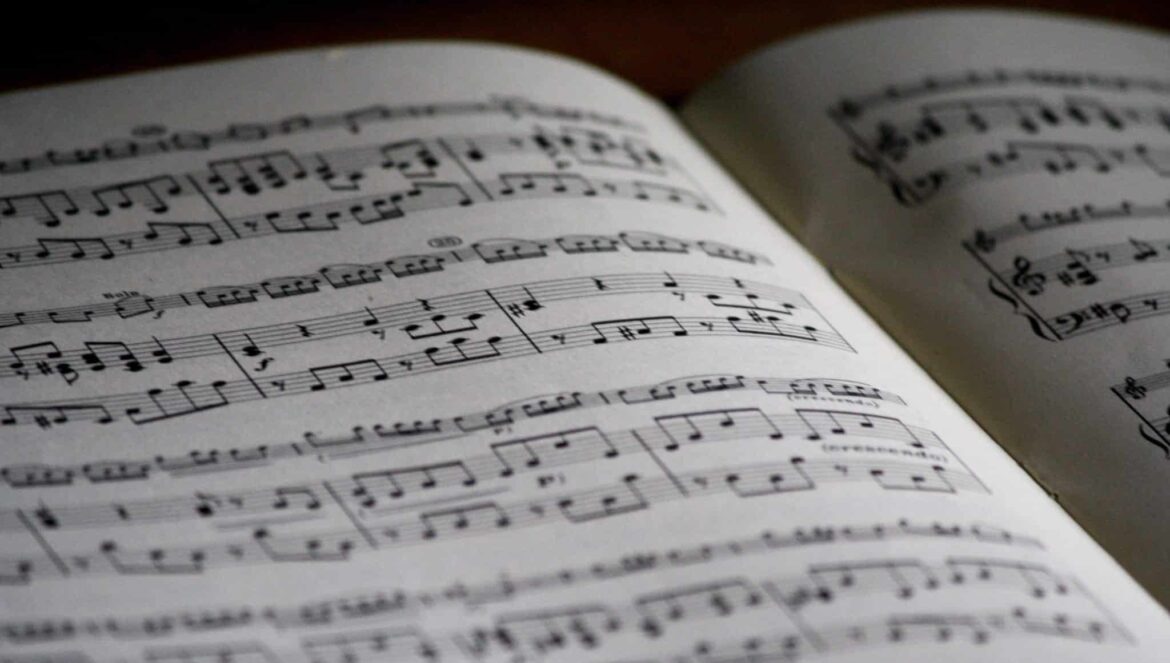https://vimeo.com/214419204
Teaching the lessons of life through the community of music
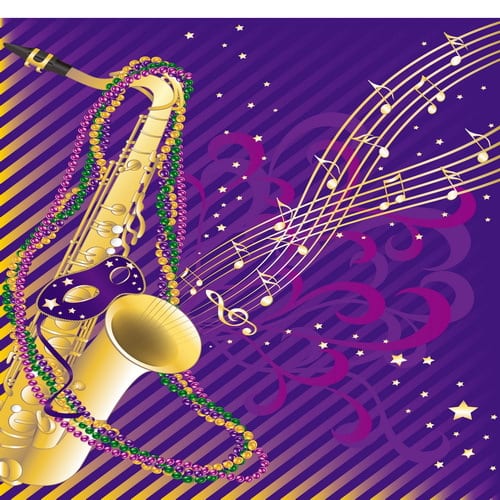 Growing up in New Orleans, Keith Hart was immersed in the music legacy of the Crescent City. He has always known what his destiny was… to teach the musical traditions of jazz to the following generations as a music educator. The music community surrounding him knew it as well, and the old guard encouraged him to carry on the legacy of the music that is so important to the lives and culture of New Orleans.
Growing up in New Orleans, Keith Hart was immersed in the music legacy of the Crescent City. He has always known what his destiny was… to teach the musical traditions of jazz to the following generations as a music educator. The music community surrounding him knew it as well, and the old guard encouraged him to carry on the legacy of the music that is so important to the lives and culture of New Orleans.
Over 11 years ago when he founded the music program at KIPP Believe College Prep Middle School, he felt that teaching music as just another curriculum choice was robbing the entire student body of a chance to form a tight community that they would remember and cherish for the rest of their lives. When he started the program, he convinced the principal that all students in the school should be in Band. They came up with the rallying cry “One Team, One Sound” to let the students know that they were a part of something bigger than themselves.
Since then, Keith has used music to teach kids all kinds of values and skills, including conflict resolution, team building, and anger management. This year he was a top ten finalist for the GRAMMY Music Educator of the Year award. His story is a story of passion.
Interview Transcript:
Dr. Berger: Keith, it’s so nice to spend some time with you today. I continue to be amazed at the quality of people who are part of the Grammy Educator of the Year Award. Being a top ten finalist, what has it been like for you to join that community or educators around the U.S. who are so passionate about music education?
Keith Hart: It’s an honor and a privilege to be a part of an organization that deals with quality and is able to highlight the things that really matter in education today and to sort of focus on those intangibles. It’s been a pleasure to be honored for all of the hard work that I’ve put in for the children and their parents.
DB: Tell me about your path. Did you ever imagine that your love of music would have gotten you this far? I’ve read some pieces on you talking about the impact a music teacher had on you when you were a young boy. Tell me if you could have ever imagined what your life is today based on the way that music has impacted it.
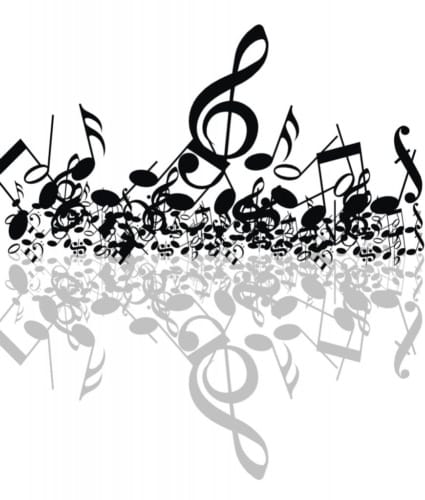 KH: The story that comes to mind is that I pretty much knew that I was on the right path led by a great educator named Herman Jones. I met this gentleman in seventh grade, middle school. He was able to impact not only me but a lot of kids in a very meaningful way.
KH: The story that comes to mind is that I pretty much knew that I was on the right path led by a great educator named Herman Jones. I met this gentleman in seventh grade, middle school. He was able to impact not only me but a lot of kids in a very meaningful way.
I can clearly remember that there was one student who struggled behaviorally with hitting other students. He was able to bring that kid in tears talking about this idea of choices and habits and how habits define who you are. These are the things that I remember ─ those sound bites and talking points that he would talk about and how your choices define you.
And he was able to change a student who really struggled behaviorally and impact his life until this day. We still talk about it when we meet ─ a good friend of mine and Mr. Jones.
And so, I knew then ─ looking at him being the blueprint or the copy of what I wanted to be ─ that I wanted to take up the mantle of education and continue the legacy of education because he impacted me in a very deep way that particular day. And from then on, I was on the path to be an educator.
DB: Keith, you’re in the hotbed of music or what many would call the “center of music” in the U.S., and that’s in New Orleans. What’s the impact of being in New Orleans for your students and the opportunities that they may have that others might not have just because they’re not in a city like New Orleans?
KH: Music is the core of the city. As a kid, you grow up immersed in the culture. And the beauty of New Orleans. All of the elders, as we call them, or seasoned veterans would make it a point to introduce the arts. They teach how to see with the third eye, the importance of those intangibles you need like grit, perseverance, integrity, the importance of what we call the “tradition-bearer” which is what I’m labeled at in my community.
Every kid gets a piece of it. It’s almost like it’s the norm. The norm is what it means to embrace the arts, embrace the culture, to have that rich cultural background in terms of how you treat people and how you make the world a better place.
That’s very unique here, and it’s a beautiful thing to be a part.
DB: Keith, let’s talk a little bit about the social impact of music and music education. When we talk about athletics in public schools, we talk about the ability to bring children together who, otherwise, might be in very dangerous situations just in their own personal lives in the communities that they live in, and that sports can provide a bit of a north star and a purpose.
Is it fair to say that music can do the same and have you seen that in a city like New Orleans that has seen many challenges that we are aware of nationally but, of course, some stories go untold and the impact after a devastation like Hurricane Katrina even after so many years?
 KH: Music literally saved my life. When I began this program here at Kipp Believe ─ I can’t believe ─ 11 years ago, the story that comes to mind is, back then, my principal wanted every student in this school to be in the band because I sold him on the idea that music is academic and that there has to be a balance between the right and the left side of the brain to educate the “whole child.”
KH: Music literally saved my life. When I began this program here at Kipp Believe ─ I can’t believe ─ 11 years ago, the story that comes to mind is, back then, my principal wanted every student in this school to be in the band because I sold him on the idea that music is academic and that there has to be a balance between the right and the left side of the brain to educate the “whole child.”
We came up with this motto, “One Team, One Sound,” which meant that every student in the school was a part of something bigger than themselves and that we had this bond that would last a lifetime.
I used my constant development in pedagogy to find ways to more deeply teach critical-thinking skills, their skill of decoding music and then apply that thinking to conflict resolution, team building, and anger management.
What I found in doing that along with the parents was that it spilled outside the walls of the classroom, and it was contagious throughout the whole school.
That became the rallying cry that the whole school rallied behind ─ this idea of how to reach the inside because I believe that the kids are saying, “I’m in here. Just come in here and get me.”
The program basically is guided by three principles: making music as very personal and teaching music starts with a connection to the student behind the horn, that’s one; the family behind the student, that’s two; and the community behind the family.
By music being academic ─ we know that the world makes sense ─ it helps students make sense of the world. We try to send the message that all other subjects are subject to the arts. If you tie the two and marry the two together ─ core subjects with the arts ─, the kids will be able to change the world and create the world that they want to see no matter what zip code they’re from.
DB: This is not a profession for you. This is a passion. Is that fair to say, Keith?
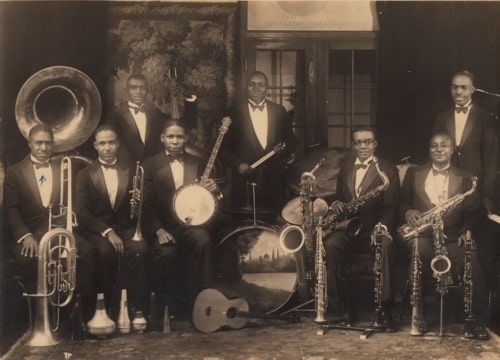 KH: Yes. This is a passion. This is my duty. This is me paying a debt to all of those who gave me the mantle. I was titled a “tradition-bearer” growing up. They called us the “The Talented Ten,” if you will. There were ten of us who, out of many, to whom they said, “Hey, you have to carry the mantle. We’re choosing you for the legacy of education. You have to be the one to do what we’re doing to keep it going.”
KH: Yes. This is a passion. This is my duty. This is me paying a debt to all of those who gave me the mantle. I was titled a “tradition-bearer” growing up. They called us the “The Talented Ten,” if you will. There were ten of us who, out of many, to whom they said, “Hey, you have to carry the mantle. We’re choosing you for the legacy of education. You have to be the one to do what we’re doing to keep it going.”
I’m proud to be a tradition-bearer, one who carries on the traditions of the community.
DB: I think it’s an incredible story. I’m at a loss for words ─ just thinking about those children and the community of New Orleans where I was just in a couple of months ago. To think about someone as passionate as you are who sees it as a duty and who understands the legacy part. I would imagine that the next Keith Hart is there in your classroom or around New Orleans just waiting to be recognized for their own humanity and their own spirit in the classroom and what they can do to help impact others.
It has been a real honor to talk to you, Keith. Continued success! I’m so glad that the Grammy has got it right and identified you as one of the leading music educators around the country!
Thanks so much, Keith.
KH: Thank you.
About Keith Hart, Sr.:
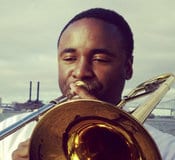 Keith Hart, Sr. is the Music Director for KIPP Believe College Prep Middle School in New Orleans. A New Orleans native, Keith founded the music program at KIPP Believe 11 years ago, where he enrolled all of the students enrolled at the school into the band.
Keith Hart, Sr. is the Music Director for KIPP Believe College Prep Middle School in New Orleans. A New Orleans native, Keith founded the music program at KIPP Believe 11 years ago, where he enrolled all of the students enrolled at the school into the band.
Keith has been awarded the Kipp National Excellence in Teaching Award; Band Director of the Year District VI of the Louisiana Music Educators Association for three years; and his program has been named an Exemplary Music Program from Festival Disney.
This article was originally published in the Huffington Post .
Author
Dr. Berger is one of many industry education correspondents for the Mind Rocket Media Group, An educator and former school administrator. His video interview work and conversational podcasts have been featured in various media outlets. He often hosts education panel discussions and develops strategic content. As an academic Dr. Berger is a guest lecturer at Vanderbilt University’s Owen Graduate School of Management. A former assistant principal, he has been an adjunct undergraduate professor and developer of online college courses. He is a passionate Detroit sports fan who has also adopted Nashville sports teams as his own.
Contact the Mind Rocket Media Group if you are interested in an industry interview and a placement on EdCircuit.
- Slipped Disc – Why music education is vital to humans
- EdSurge – Thinking Outside the Music Box: Using Digital Tools to Teach Music and More
- TES – ‘Music education needs to be fought for – let’s not allow it to slip away’
